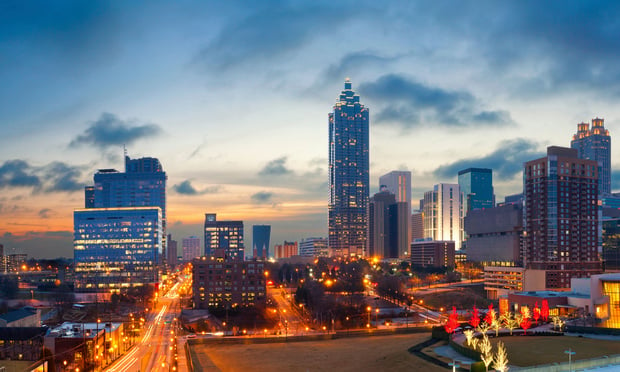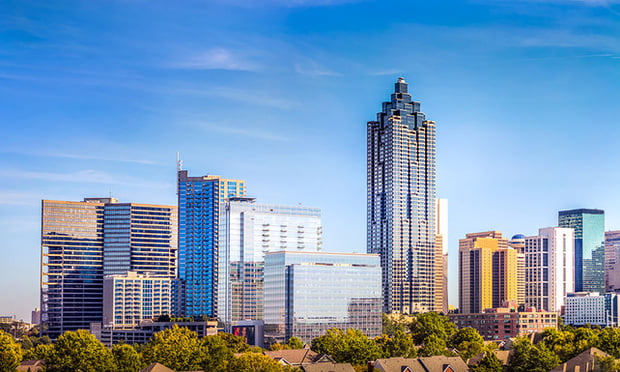ATLANTA—Transition is a key word in retail commercial real estate investing. GlobeSt.com caught up with Franklin Street director Reid Mason and senior director Bryan Belk to discuss these issues in part three of our exclusive interview series. You can still read parts one, two and three: Insight: When Big Boxes Become Smaller Boxes, Why Some Retailers Are Thriving Despite the Amazon Effect, and These Retail Trends Are Rapidly Rising.
GlobeSt.com: In this time of transitioning in retail, where are commercial real estate investors looking for deals?
Belk: We're seeing investors looking for buying opportunities that will have a retailer with a below-market rent potentially going out, so they can re-lease the property to a new tenant at a much higher rate. Let's say you have a Kmart or Toys “R” Us that is going out business. If it's a good location, they might be able to backfill it with a retailer such as Dick's Sporting Goods, TJ Maxx, or Marshall's and increase the tenant profile there.
In Atlanta, developers and investors are particularly interested in dense infill sites that they can redevelop into some sort of mixed-use site. For example, they might find an old apartment complex and look to turn it into a mixed-use property with retail on the bottom floor and apartments above. This trend is happening all over Atlanta right now, not just in Buckhead or Midtown where it's more common for people to see that.
GlobeSt.com: Do investors find anything attractive about redevelopment of older retail, including enclosed malls, or are they mostly focused on converting apartments to mixed-use?
Belk: Some investors are targeting enclosed malls for redevelopment and basically plan to turn them inside out. Throughout the Southeast, there are a couple of developments that have been successful doing that. Retail markets change over the years, so it would still have to be a good piece of real estate in town with strong real estate fundamentals.
We're seeing many malls die off in some of the smaller secondary markets that don't have the daily foot traffic that an Atlanta suburb location might get. More likely than not with failed enclosed malls, developers tear it down and start something new or put in call centers, vocational colleges, and office space into those boxes of dying malls.
Want to continue reading?
Become a Free ALM Digital Reader.
Once you are an ALM Digital Member, you’ll receive:
- Breaking commercial real estate news and analysis, on-site and via our newsletters and custom alerts
- Educational webcasts, white papers, and ebooks from industry thought leaders
- Critical coverage of the property casualty insurance and financial advisory markets on our other ALM sites, PropertyCasualty360 and ThinkAdvisor
Already have an account? Sign In Now
*May exclude premium content© 2024 ALM Global, LLC, All Rights Reserved. Request academic re-use from www.copyright.com. All other uses, submit a request to [email protected]. For more information visit Asset & Logo Licensing.









